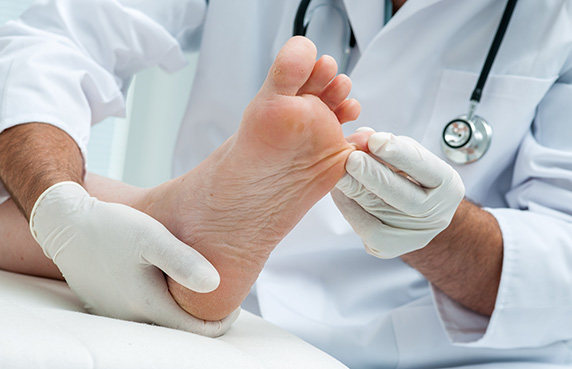As estrogen levels decline in postmenopausal women, lots of unpleasant things can happen:
- Vaginal atrophy (thinning, drying and inflammation of the vaginal walls due to decreased estrogen levels)
- Cystitis (bladder inflammation)
- Changes in urinary frequency, urgency and incontinence
- Recurrent urinary tract infections
Recurrent urinary tract infection (RUTI) is defined as three episodes of urinary tract infection (UTI) in the previous 12 months or two episodes in the last six months. RUTI and cystitis are common in postmenopausal women because falling estrogen levels affect the lining of the bladder, predisposing them to urinary tract infections. These women suffer a significant deterioration of their social, sexual and work activities. But there is help! A review of nine studies with a total of 3345 women found that treatment with vaginal estrogens reduced the number of UTIs. Estrogens administered vaginally as inserts or creams can also relieve common symptoms of vulvovaginal atrophy.
Non-hormonal substances have been shown to help prevent or reduce the frequency of UTIs:
- One study found that the oral combination of hyaluronic acid and chondroitin sulfate (substances that strengthen bladder defense mechanisms), enhanced by the antioxidant properties of curcumin and quercetin, was effective in preventing recurrent urinary tract infections, especially if administered with vaginal estrogen therapy.
- In female breast cancer survivors with genitourinary discomfort, the combination of N-acetylcysteine, D-mannose and Morinda citrifolia (noni) with antibiotic therapy was more effective in reducing urinary tract infections and urinary discomfort than antibiotics alone.
We encourage postmenopausal women with recurrent urinary tract infections to talk to our pharmacist and their doctors about treatment options. The team at Peachtree Pharmacy is happy to discuss any concerns and work with your doctor to formulate medications that will meet your specific needs.
© Storey Marketing. All rights reserved.






